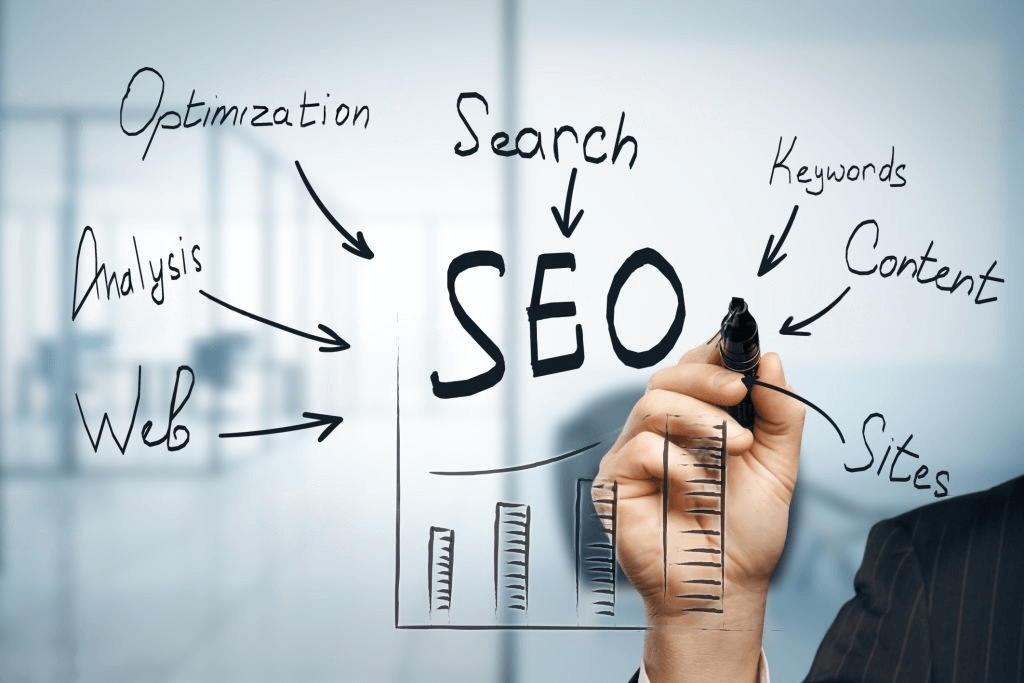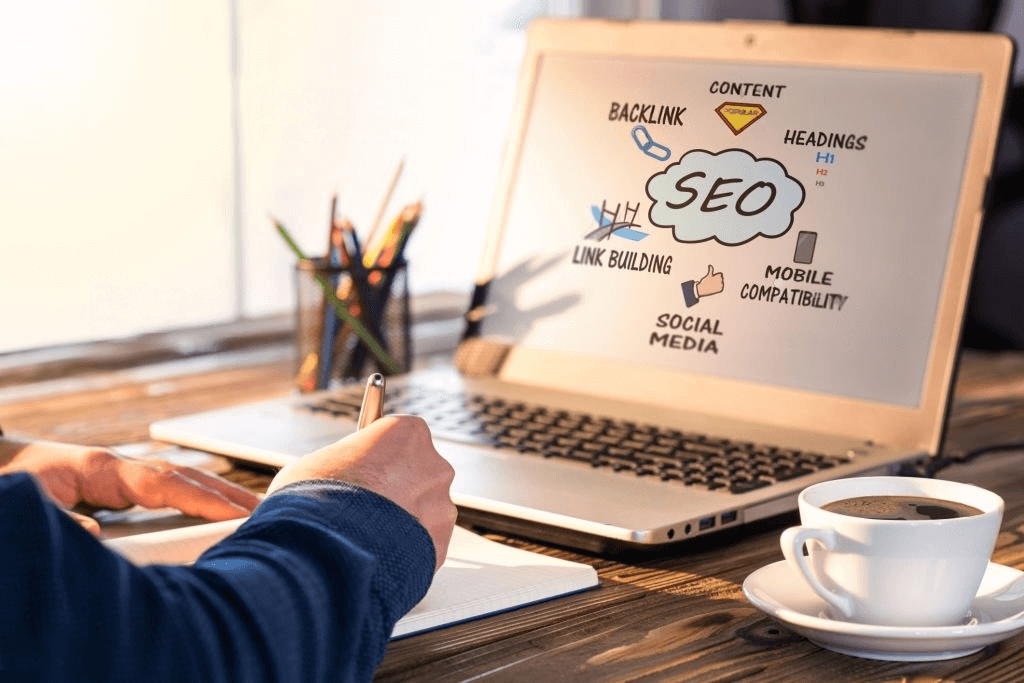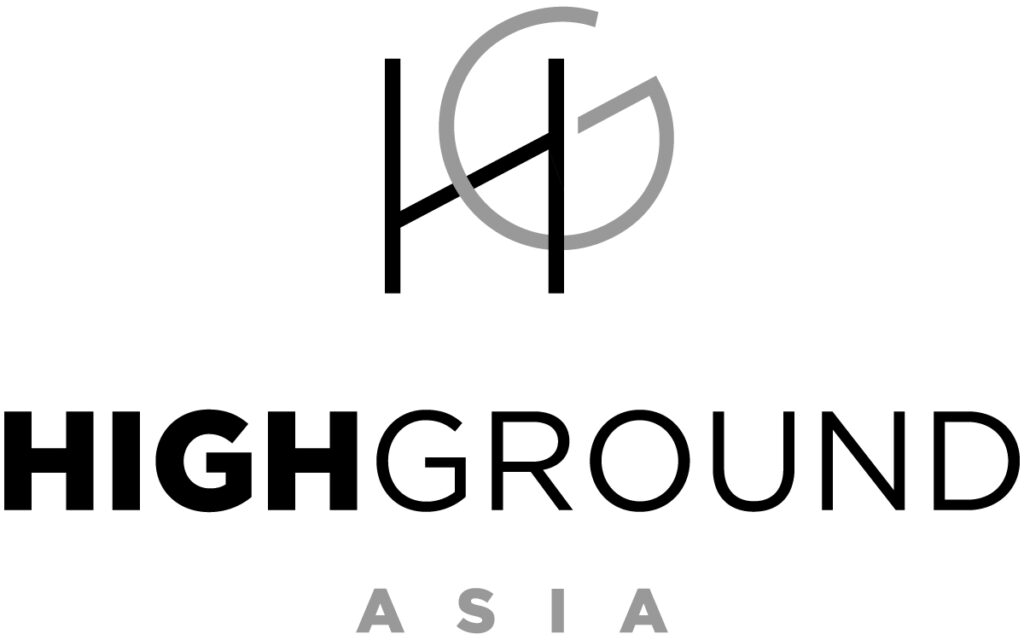Guide for Complete SEO on-page optimization strategy in 2023

Introduction
Welcome to our blog, where we delve into the ever-evolving world of SEO and share the latest strategies for on-page search engine optimization in 2023. Search engine optimization is essential in the current digital era for making sure that your website appears higher in search engine results, generating organic traffic, and increasing your online presence. To maximise the potential of your website, it is crucial to stay current with the most potent on-page optimization strategy as search engines become smarter and more sophisticated.
We will walk you through a thorough on-page SEO plan that includes all the crucial components required to optimize your website for search engines in this extensive tutorial. Our complete guide will cover everything on SEO strategy, including keyword research, content optimization, technical SEO, and user experience(UX). We recognize the value of an all-encompassing strategy for on-page SEO because every element of your website affects how well it performs in search engine results.
By putting the methods and tactics described in this blog into practice, you will not only raise the visibility of your website but also its usability, engagement, and the number of qualified visitors it receives. We will give you useful advice, best practices, and insights based on the most recent market development and search engine algorithms, empowering you with the information you need to make wise choices and efficiently optimize your website.
This site will be your go-to source for comprehending and putting into practice a thorough SEO on-page optimization plan in 2023, regardless of whether you are a business owner, marketer, or SEO enthusiast. Prepare to go deeply into the world of on-page SEO and learn the strategies that will raise the ranking of your website to new heights. Together, let’s take this journey and realise the full potential of your website in the online world.
What is On-page Search Engine Optimization(SEO)?
The process of optimizing particular web pages to raise their visibility and ranking in search engine results is known as on-page SEO, also known as on-site SEO. It involves implementing various techniques and strategies directly on the web page to make it more relevant, user-friendly, and search engine-friendly.
On-page SEO’s main objective is to improve the relevance and quality of a webpage by optimizing each individual component, including its content, meta tags, headings, and images. By optimizing these elements, on-page SEO aims to increase organic traffic from search engines and provide a better user experience.
What Makes On-page SEO so Important in 2023?
On-page SEO is important because it tells Google everything it needs to know about your website and how it helps customers and users. It makes your site better for both people and search engine robots.
Just making a website and putting it online isn’t enough. You also need to improve it for Google and other search engines if you want it to rank and bring in new visitors.
On-page SEO is significant for various reasons:
Improved Search Engine Rankings: On-page SEO optimization helps search engines understand the content and relevance of a webpage. By avoiding duplicate content, incorporating relevant keywords, optimizing meta tags, headings, and other elements, you increase the chances of ranking higher in search engine results pages (SERPs). Higher rankings lead to increased visibility, organic traffic, and potential conversions and sales.
Enhanced User Experience: On-page SEO focuses on improving the overall user experience of a webpage. By optimizing page load speed, ensuring mobile responsiveness, and providing well-structured content, users are more likely to have a positive experience on your site. Longer visit times, lower bounce rates, and greater engagement result from this, all of which are positive search engine signals.
Targeted Traffic: You can target particular keywords with on-page SEO and tailor your content to them. Your website will receive more focused traffic from those who are actively looking for information or items related to your business if you line it with pertinent search queries. This raises the possibility of conversions and enhances site engagement.
Competitive Advantage: Utilising efficient on-page SEO strategies can give you an advantage. By optimizing your webpages better than your competitors, you increase your chances of outranking them in search results. Higher rankings mean more visibility and a greater share of organic traffic, which can lead to increased brand exposure and business growth.
Better Click-Through Rates (CTR): Improving the relevance and appeal of your search results for users by optimizing meta tags like meta titles and meta descriptions. This can result in higher click-through rates, as users are more likely to click on a result that accurately reflects their search intent. Your website’s traffic can increase and your search engine rankings can be strengthened with a higher CTR.
Long-Term Benefits: On-page SEO efforts have long-term benefits. Once you’ve optimized your webpages and achieved good search engine rankings, they can eventually keep bringing in natural traffic and visibility. This can lead to sustained growth and reduced dependence on paid ads or other marketing efforts.
Overall, on-page SEO is essential for boosting user experience, increasing targeted traffic, raising search engine rankings, and gaining a competitive edge. By implementing effective on-page optimization techniques, you can increase your online visibility, attract more organic traffic, and achieve your business goals more effectively.
Checklist of Key On-page SEO Factors That You Should Consider When Optimizing Your Web Pages
Here is a checklist of key on-page SEO factors that you should consider when optimizing your web pages:
- Keyword Research: Conduct thorough keyword research to identify relevant and high-performing keywords related to your webpage’s topic. Use tools like Google Keyword Planner, SEMrush, or Moz Keyword Explorer to find suitable keywords.
- Meta Title Tag: Create a unique and concise meta title (usually up to 60 characters) that includes your target keywords and accurately describes the webpage’s content. Make your search result compelling to persuade users to click on it.
- Meta Description Tag: Write a compelling meta description (up to 160 characters) that summarises the webpage’s content and entices users to click through. Include relevant keywords and ensure it aligns with the search intent.
- URL Structure: Create clean and keyword-rich URLs that are easy to read and understand. Ideally, the URL should reflect the webpage’s content hierarchy and include the target keyword in your url slug of the page url.
- Heading Tags: To organise your content, use heading/title tags (H1, H2, H3, etc.). The H1 tag should contain the primary keyword and convey the main topic. Use other heading/title tags to organise subheadings and sections.
- Keyword Placement: Incorporate your target keyword naturally throughout the content, including the first paragraph, subheadings, and body text. However, ensure it doesn’t disrupt the flow or appear forced.
- High-Quality Content: Author should create and post well-written, informative, and valuable content that satisfies the user’s search intent. Make sure it is unique, engaging, and relevant to the target keyword.
- Image Optimization: Optimize images by using descriptive file names and alternative text (alt tags). Compress the image files to reduce page load time while maintaining visual quality.
- Internal Linking: Include relevant internal links within your content to guide users to other relevant pages on your website. This helps with navigation, improves user experience, and spreads link authority.
- Mobile-Friendliness: Ensure your webpage is mobile-responsive and displays properly on various devices. Mobile-friendliness is a crucial factor in search rankings, given the increasing use of mobile devices.
- Page Load Speed: Optimize your webpage’s loading speed by minimising code, compressing images/videos, leveraging browser caching, and using content delivery networks (CDNs). Faster load times enhance user experience and improve search rankings.
- Social Sharing: Include social sharing buttons to enable users to easily share your content on social media platforms. This can increase visibility, reach, and potential backlinks.
- User Experience: Create a user-friendly webpage with clear navigation, a well-organised layout, and easy-to-read content. Make it visually appealing and ensure a positive browsing experience.
- Schema Markup: Implement schema markup to provide search engines with additional context about your content. This can enhance search result snippets(Featured snippets) and improve visibility.
- Readability: Ensure your content is easy to read and understand by using proper formatting, bullet points, short paragraphs, and appropriate font size.
Remember, this checklist serves as a general guide, and the specific requirements may vary based on your website’s content and target audience. Regularly monitor your webpage’s performance, track changes, and adapt your on-page SEO strategies as needed to achieve the best results.
Guide on How to Optimize Your Content for On-Page SEO?

The process of on-page SEO content optimization entails numerous crucial processes. Here is a comprehensive guide on how to effectively optimize your content:
- Conduct extensive keyword research: To find relevant keywords and phrases that fit with your content and target audience, start by conducting thorough keyword research. Look for keywords that receive a lot of searches and have a little competition. Select the major and secondary keywords that best describe the principal subject of your work. Additionally, pick a few closely related secondary keywords to your main keyword.
- Page title optimization: Include your main keyword in the page title. To ensure that it displays correctly in search engine results, keep it succinct, appealing, and within the advised character limit (usually 50–60 characters).
- Write a Catchy Meta Description: Write a succinct meta description (between 150 and 160 characters) that appropriately sums up your content and incorporates pertinent keywords. To get consumers to click on your search result, make it engaging.
- Include keywords in heading tags: Use heading tags (H1, H2, H3, etc.) to organise and improve the scannability of your text. Use the H1 tag for your main keyword and other heading tags for subheadings that contain secondary keywords.
- Produce Unique, Educational, and Engaging Content: Produce content that adds value for your target audience. Concentrate on answering their questions and giving them in-depth details on the subject. In order to score well in search results, try to write lengthier forms of content (usually 1,000 words or more).
- Use Keywords Naturally in material: Throughout the material, naturally incorporate your core and secondary keywords. Avoid cluttering your website with keywords, which might harm your search engine rankings and user experience. Instead, concentrate on utilising your keyword variations in a natural and pertinent manner.
- Image Alt Text Optimization: Give your webpage’s photos descriptive, keyword-rich alt text. Alt text enhances your presence in image search results by assisting search engines in understanding the content of the images.
- Internal Linking: To direct visitors to other pages on your website, include pertinent internal links in your content. Internal linking promotes link authority throughout your site, creates a hierarchical structure, and enhances navigation.
- Ensure Readability: Use succinct and straightforward words, paragraphs, and bullet points to make your information simple to read and comprehend. To make the text easier to read, break it up with headings, subheadings, and formatting.
- Mobile Optimization: Make sure your material is responsive to mobile devices and appears correctly on them. A great user experience is important for on-page SEO, and responsive design and optimized formatting help to provide that experience.
- Monitor and Update: Track user engagement metrics, keyword rankings, and the effectiveness of your material on a regular basis. Based on user feedback, analysis data, and adjustments to search engine algorithms, make the appropriate upgrades and enhancements.
You may successfully optimize your content for on-page SEO by following these steps. Always put the user experience first and deliver relevant, well-structured material that matches search intent.
Conclusion
In conclusion, implementing a complete on-page SEO optimization strategy in 2023 is essential for raising your website’s exposure, bringing in organic traffic, and increasing user experience. You may improve your chances of appearing better in search engine results by completing in-depth keyword research, optimizing content with relevant keywords, and paying attention to on-page features like page titles and meta descriptions.
The total performance of your on-page SEO activities is also influenced by elements like appropriate URL structure, mobile optimization, internal linking, and continuous monitoring and adjustments. You may increase user engagement and drive more organic traffic to your website in 2023 by implementing the comprehensive seo strategy listed here.
FAQs
What is the difference between on-page SEO and off-page SEO?
On-page SEO refers to optimizing an individual’s web page to improve their visibility and rankings in search engine results. It involves optimizing elements within the webpage itself, such as page content, meta tags, URLs, and headings. Off-page SEO, on the other hand, involves activities performed outside the webpage, such as building backlinks, social media promotion, and online reputation management.
How important is keyword optimization for on-page Search Engine Optimization(SEO)?
Keyword optimization is a crucial aspect of on-page SEO. By conducting keyword research and strategically incorporating relevant keywords into your webpage’s content, meta tags, headings, and URLs, you help search engines understand the topic and relevance of your page. Proper keyword optimization can improve your chances of ranking higher for relevant search queries.
What role does content play in on-page SEO?
Content plays a significant role in on-page SEO. High-quality, informative, and valuable content that satisfies the user’s search intent can greatly impact your webpage’s visibility and user engagement. Well-structured content, optimized with relevant keywords and headings, can help search engines understand the context and relevance of your page, leading to higher rankings.
How does page load speed affect on-page SEO?
Page load speed is an essential factor in on-page SEO. Slow-loading webpages can negatively impact user experience and increase bounce rates, which can in turn affect your search engine rankings. optimizing your webpage’s loading speed by minimising code, compressing images/videos, and leveraging caching mechanisms helps provide a better user experience and improves your chances of ranking higher in search results.
Is mobile-friendliness important for on-page SEO?
Yes, mobile-friendliness is crucial for on-page SEO. With the increasing use of mobile devices, search engines prioritise mobile-friendly webpages in their rankings. Ensuring your webpage is responsive and displays properly on various mobile devices is essential for both user experience and search engine visibility.
What is the significance of meta tags in on-page SEO?
Meta tags, such as meta titles and meta descriptions, play a vital role in on-page SEO. The meta title appears as the clickable headline in search engine results, while the meta description provides a summary of the webpage’s content. optimizing these tags with relevant keywords and compelling descriptions can improve your search engine visibility and click-through rates.
How can internal linking benefit on-page SEO?
Internal linking refers to incorporating relevant internal links within your webpage’s content. Internal links help users navigate your website and establish a hierarchical structure for your content. From an on-page SEO perspective, internal linking helps search engines discover and index other pages on your site, improves link equity distribution, and enhances the overall user experience.
